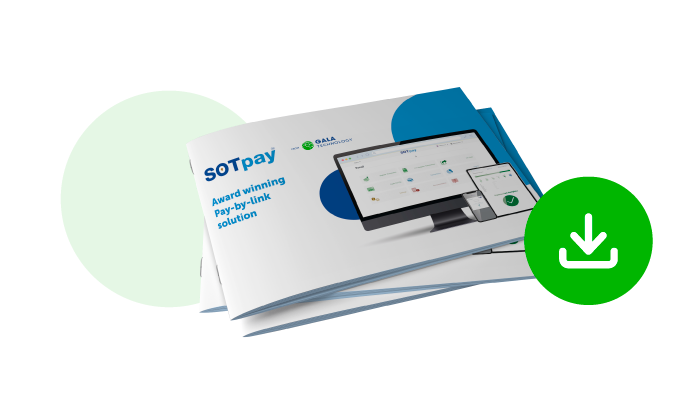
Introduction: The Digital Payment Revolution
In today's digital age, integrating an efficient and secure payment system into your website is crucial for any business. With the evolving landscape of online social commerce, especially in the wake of COVID-19's impact on traditional retail, businesses are rapidly adapting to the online model. This article is your comprehensive guide to understanding and implementing a robust online payment system.
Building Your Website for Online Payments
Choosing the Right Platform
Before diving into the specifics of payment processing, it's essential to determine the foundation of your online presence. Will you opt for a user-friendly platform like Shopify, Wix, or Square, or are you considering a custom-built website? Platforms like Wix offer built-in payment solutions but often at a higher transaction cost (e.g., around 2.75% + 20p per debit card transaction). On the other hand, a custom-built website may be costlier initially but offers greater flexibility and control over transaction fees in the long run.
Understanding Transaction Costs
As you select your platform, consider the transaction fees. These fees can significantly impact your profit margins, especially as your business scales. Compare different platforms and merchant services to find a balance between cost, functionality, and scalability.
Key Factors in Selecting a Payment Solution
Secure and Efficient Payment Processing
Your primary goal should be to offer a payment process that is both secure and efficient. Customers expect a seamless and safe checkout experience. Thus, choosing the right merchant account and payment gateway is critical.
Familiarise Yourself with Essential Terms
Understanding terms like 'merchant account,' 'payment gateway,' and 'checkout journey' is vital. A merchant account is where the funds are held before being transferred to your bank. A payment gateway is the tool that processes credit card payments for e-commerce sites.
Payment Gateway Options
Popular Payment Gateways
There are numerous payment gateways available, such as PayPal, Stripe, and Square. Each comes with its own set of features, fees, and integration capabilities. Evaluate these based on your business size, transaction volume, and specific needs.
Integrating with E-commerce Platforms
Most e-commerce platforms have preferred partnerships with specific payment gateways. Ensure that your chosen payment gateway is compatible with your e-commerce platform for a smoother integration.
Enhancing Customer Experience
Simplifying the Checkout Process
A complicated checkout process can lead to cart abandonment. Streamline the process with clear instructions, minimal steps, and multiple payment options.
Offering Multiple Payment Methods
Offering a range of payment options, including credit and debit cards, online digital wallets, and bank transfers, can cater to a wider customer base and boost conversion rates.
Security and Compliance
Prioritising Payment Security
Implement SSL certificates and comply with PCI DSS standards to ensure your customers' data is secure. Regularly update your security measures to safeguard against evolving cyber threats.
Understanding Regulatory Compliance
Stay informed about the regulatory requirements in different markets, especially if you are catering to an international audience. This includes the GDPR in Europe and other regional data protection laws.
Conclusion: Setting Up for Success
Incorporating an efficient online payment system is a critical step in transitioning to the digital marketplace. By choosing the right platform and payment gateway and prioritising customer experience and security, your business can smoothly transition to accepting online payments, thereby increasing sales and enhancing cash flow in this digital era. Remember, the key to success lies in understanding and adapting to the needs of your digital customers.
SECURE A FREE TRIAL TODAY!
















